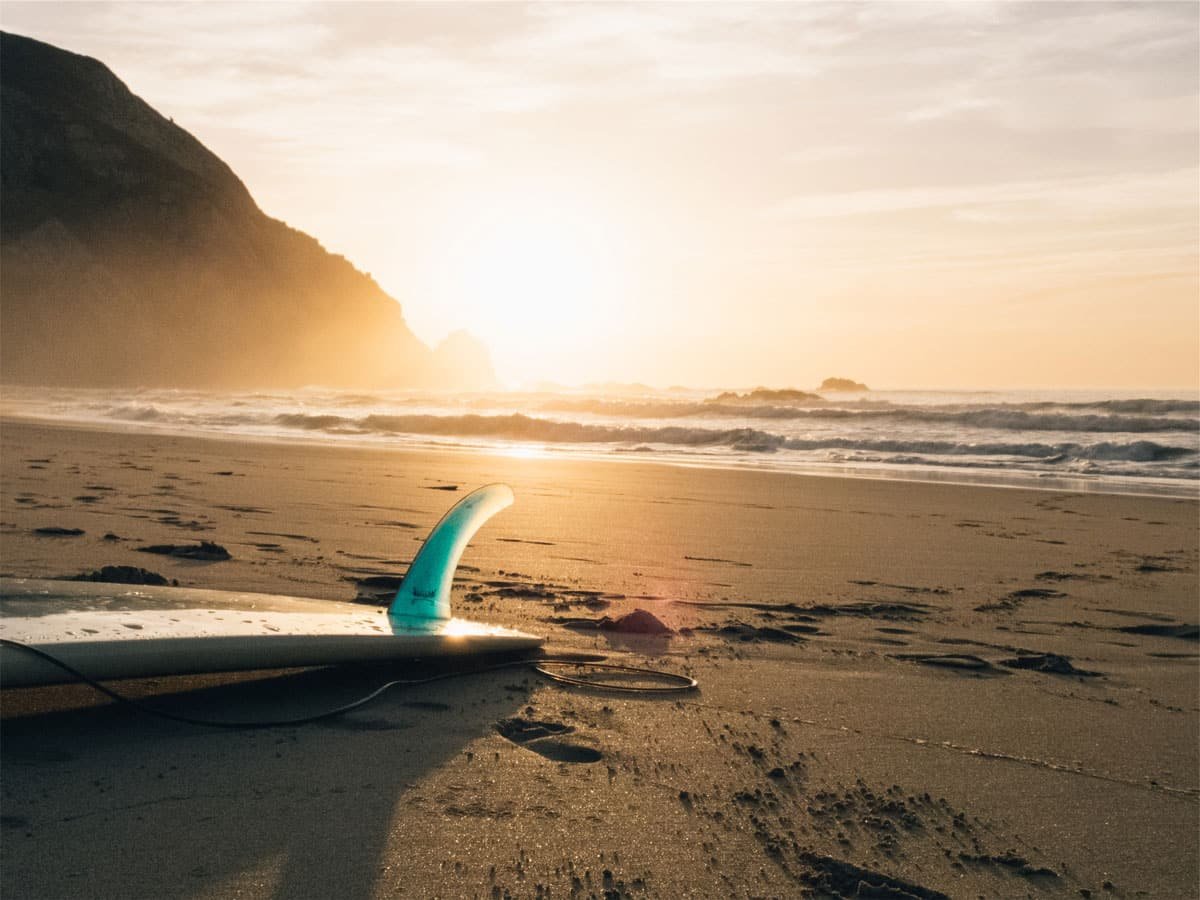As a beginner angler, mastering the basics is essential to landing your first catch and developing a lifelong passion for the sport. Start by prioritizing safety, investing in essential gear, and choosing the right tackle for your target species. Develop your fishing techniques, such as lure selection and casting, to increase your chances of catching fish. Effective fishing strategies, like identifying structural elements and adapting to changing conditions, will also improve your skills. With practice and patience, you'll be well on your way to becoming a skilled angler – and there's much more to explore to take your fishing journey to the next level.
Key Takeaways
- Always wear a PFD and check the weather forecast beforehand to ensure a safe fishing experience.
- Invest in a variety of tackle, including soft plastics, crankbaits, and spinnerbaits, to adapt to different fishing conditions.
- Practice casting techniques and experiment with different retrieval speeds to improve your chances of catching fish.
- Identify areas with structural elements like rocks, weed beds, or sunken logs, as these areas tend to attract fish.
- Mastering the art of knot-tying is essential to prevent line breaks and lost fish, so practice tying different knots like the clinch knot or barrel knot.
Essential Safety Precautions
Every angler, regardless of experience level, should prioritize essential safety precautions to guarantee a fun and incident-free fishing trip. Personal flotation devices (PFDs) are a must-have, especially when boat fishing. Always check the weather forecast beforehand and be prepared for changing conditions. Fishing with buddies is not only more enjoyable, but it also provides someone to assist in case of an emergency. In the unlikely event of an accident, an emergency whistle can signal for help. Additionally, carrying a first aid kit and staying hydrated are vital. By taking these precautions, you can focus on what matters most – enjoying the thrill of reeling in that big catch!
Choosing the Right Tackle
When it comes to choosing the right tackle, a well-stocked tackle box with a variety of lures, hooks, and lines can make all the difference between a successful fishing trip and a disappointing one. Tackle selection is vital, and having the right gear variety can increase your chances of catching fish. Here are a few essentials to get you started:
- Versatile lures: Invest in a mix of soft plastics, crankbaits, and spinnerbaits that can be used in different fishing conditions.
- Strong, durable lines: Choose lines that can withstand the weight and strength of your target species.
- Hooks and sinkers: Carry a selection of hooks in different sizes and styles, along with weights and sinkers for varying water conditions.
Mastering Fishing Techniques
With the right tackle in hand, it's time to focus on mastering the techniques that will bring those fish biting. Lure selection is vital, as different lures mimic natural bait, enticing fish to take a bite. Trust your fishing instincts to guide you in selecting the right lure for the job. Practice your casting technique to achieve a natural presentation, and don't be afraid to experiment with different retrieval speeds. Developing your fishing instincts takes time and patience, but it's key to identifying patterns and adapting to changing conditions. By honing your skills and trusting your gut, you'll be well on your way to landing that elusive catch. Remember, mastering fishing techniques is a journey, and the more you practice, the more your instincts will guide you to success.
Effective Fishing Strategies
How do you maximize your chances of reeling in a prized catch, and what tactics will give you an edge over the fish? When it comes to effective fishing strategies, understanding fish migration patterns and water structures is key.
- Identify areas with structural elements like rocks, weed beds, or sunken logs, where fish tend to congregate.
- Pay attention to fish migration patterns, as they often follow specific routes or gather in certain areas during different times of the year.
- Use this knowledge to your advantage by positioning yourself in high-traffic areas and adjusting your tackle and lures accordingly. By doing so, you'll increase your chances of landing a prized catch.
Boat Fishing Essentials
In boat fishing, having the right gear and knowledge can make all the difference between a successful catch and a frustrating day on the water. Boat preparation is key, making certain your vessel is seaworthy and equipped with necessary safety gear. Fishing etiquette is also vital, respecting fellow anglers and the environment.
| Essential Item | Description | Tips |
|---|---|---|
| Life Jacket | A must-have for every angler | Verify proper fit and inspection |
| First Aid Kit | Treat minor injuries onboard | Restock supplies regularly |
| Communication Device | Stay connected in case of emergency | Keep phone charged and dry
Freshwater Fishing Basics
Freshwater lake fishing is a popular entry point for new anglers, offering an accessible and forgiving environment to hone their skills. As a beginner, understanding the basics of freshwater fishing, including the importance of fish habitat, is crucial. Fish tend to congregate around structures like weed beds, sunken logs, and rocky areas, making these spots ideal for casting a line.
- Research the fish habitat and identify potential hotspots before you head out on the water.
- Keep a fishing journal to track your progress, note patterns, and refine your techniques.
- Pay attention to water conditions, such as clarity, temperature, and currents, as these can affect fish behavior and feeding patterns.
Fishing Knots and Rigs
Mastering the art of knot-tying is essential to ensuring that your carefully chosen lures and baits remain securely attached to the end of your line, giving you the best chance of landing the big catch. In fishing terminology, a well-tied knot is vital to prevent line breaks and lost fish. When it comes to rigging materials, selecting the right type of line, leader, and hooks to match your fishing style and target species is vital. Practice tying different knots, such as the clinch knot or barrel knot, to improve your skills. Understand the importance of using the correct fishing terminology to communicate with fellow anglers and to learn new techniques. By mastering the art of knot-tying and understanding rigging materials, you'll be well on your way to becoming a skilled angler.
Additional Fishing Resources
Beyond the basics of fishing techniques and strategies, a wealth of additional resources is available to help anglers of all levels improve their skills and stay up-to-date on the latest fishing trends and best practices.
- Explore online forums, such as Reddit's r/Fishing, to connect with fellow anglers, share tips, and learn from others' experiences.
- Download fishing apps like Fishidy or Navionics to access detailed lake maps, fishing hotspots, and real-time weather updates.
- Take online courses or watch YouTube tutorials to learn new techniques and stay informed about the latest gear and tackle.
These resources can help beginners and seasoned anglers alike to refine their skills, stay informed, and make the most of their time on the water.
Frequently Asked Questions
How Often Should I Check and Maintain My Fishing Gear?
Regularly inspect your fishing gear to guarantee peak performance; check lines, lures, and reels for damage, and store them properly in a dry, protected area to extend their lifespan, preventing costly repairs and downtime.
What Are Some Common Mistakes Beginners Make When Fishing?
Common mistakes beginners make when fishing include using incorrect tackle for the target species, overbaiting, and poor knot-tying, leading to lost fish and frustration.
Can I Fish at Night, and Are There Any Special Considerations?
Did you know that 70% of anglers prefer fishing at dawn or dusk when fish are most active? When it comes to nighttime fishing, employ Moonlight Strategies like using glow-in-the-dark lures and adapting Nighttime Tactics to capitalize on increased fish activity under the cover of darkness.
Are There Any Fishing Apps That Can Help Me Find Good Spots?
When searching for prime fishing spots, consider utilizing fishing apps like Fish Finder, which provides access to Lake Maps, helping you locate hidden gems and increase your catch rate with precise location data and insights.
How Do I Handle and Release Fish Without Causing Them Harm?
When handling and releasing fish, use gentle yet firm grasps, supporting the belly and avoiding gill plates; employ release techniques like wetting hands, minimizing air exposure, and reviving exhausted fish before releasing them back into the water.
Conclusion
In summary, the ancient art of fishing, much like a vintage timepiece, requires precision, patience, and practice to yield its secrets. By mastering the fundamentals outlined in this guide, novice anglers can reel in a lifetime of memories and a deep appreciation for the sport. As the sun sets on a day's catch, the thrill of the hunt remains, beckoning enthusiasts to return to the water's edge, rod in hand, ready to test their mettle against the wily creatures lurking beneath.









